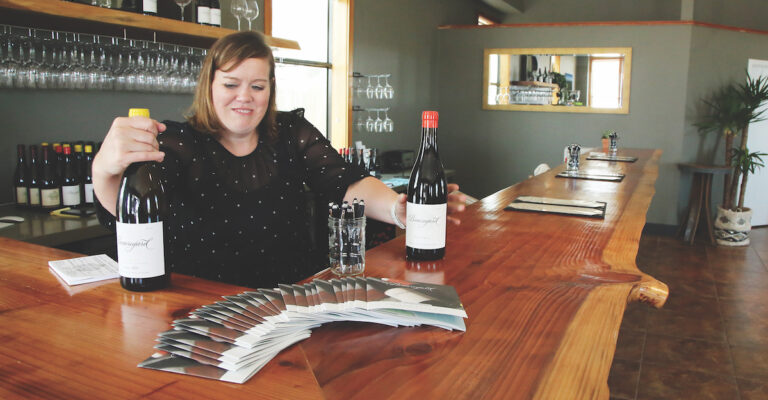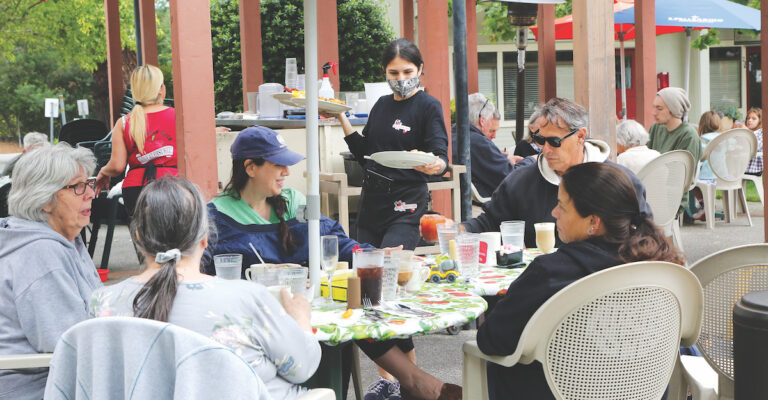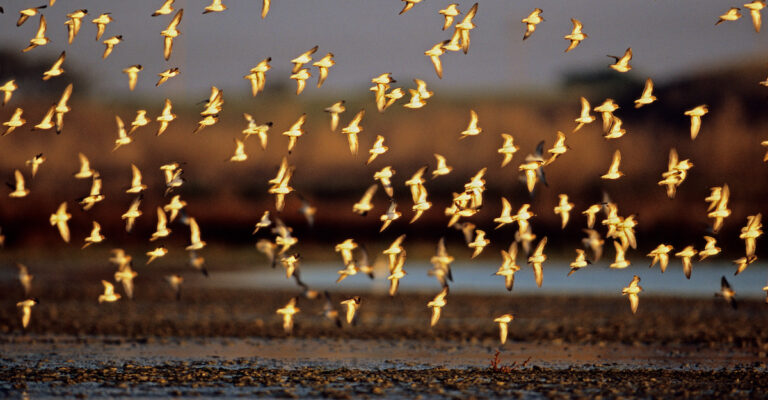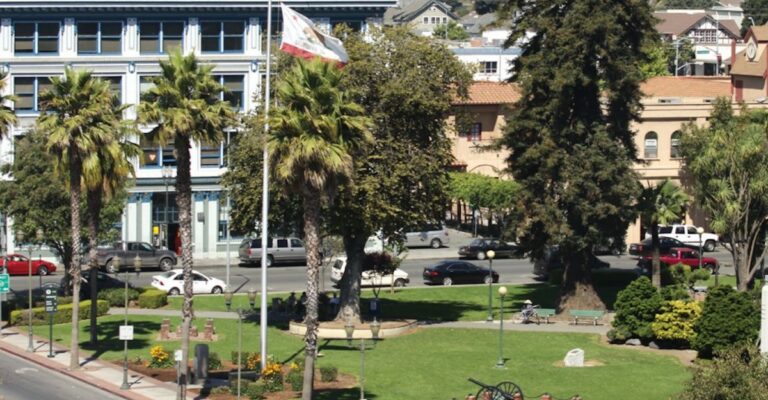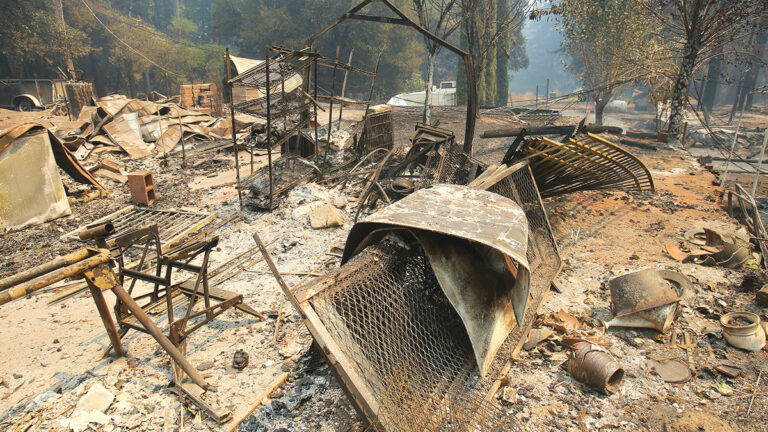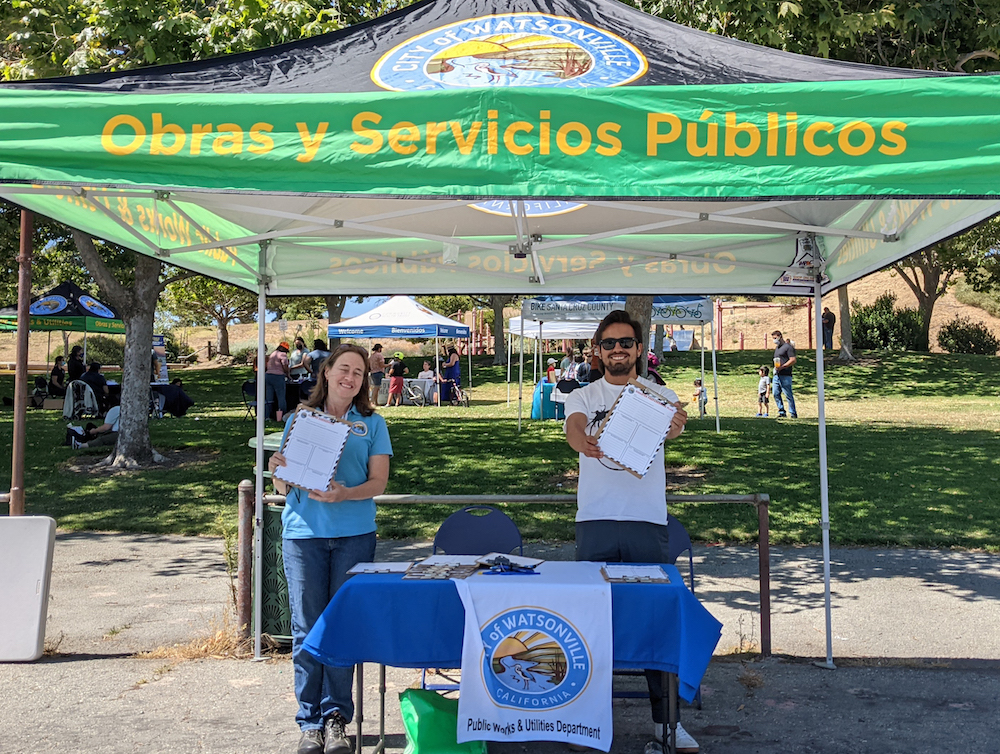Free will astrology for the week of July 7
ARIES (March 21-April 19): Poet Joshua Jennifer Espinoza writes, “i name my body girl of my dreams / i name my body proximity / i name my body full of hope despite everything.” I love her idea that we might give playful names and titles and descriptors to our bodies. In alignment with current astrological omens, I propose that you do just that. It’s time to take your relationship with your beautiful organism to a higher level. How about if you call it “Exciting Love River” or “Perfectly Imperfect Thrill” or “Amazing Maze”? Have fun dreaming up further possibilities!
TAURUS (April 20-May 20): The English language, my native tongue, doesn’t ascribe genders to its nouns. But many languages do. In Spanish, the word for “bridge” is puente, which is masculine. In German, “bridge” is Brücke, which is feminine. A blogger named Tickettome says this is why Spanish speakers may describe a bridge as strong or sturdy, while German speakers refer to it as elegant or beautiful. I encourage you to meditate on bridges that possess the entire range of qualities, including the Spanish and German notions. In the coming weeks, you’ll be wise to build new metaphorical bridges, fix bridges that are in disrepair and extinguish fires on any bridges that are burning.
GEMINI (May 21-June 20): Académie Française is an organization devoted to preserving the purity and integrity of the French language. One of its ongoing missions is to resist the casual incorporation of English words, which the younger generation of French people is inclined to do. Among anglicisms that don’t have the Académie’s approval: podcast, clickbait, chick-lit, deadline, hashtag, marketing, timelapse and showrunner. The ban doesn’t stop anyone from using the words, of course, but simply avoids giving them official recognition. I appreciate the noble intentions of the Académie, but regard its crusade as a losing battle that has minimal impact. In the coming weeks, I advise you to refrain from behavior that resembles the Académie’s. Resist the temptation of quixotic idealism. Be realistic and pragmatic. You Geminis often thrive in environments that welcome idiosyncrasies, improvisation, informality and experimentation—especially now.
CANCER (June 21-July 22): Cancerian author Vladimir Mayakovsky wrote a poem about how one morning he went half-mad and conversed with the sun. At first he called the supreme radiance a “lazy clown,” complaining that it just floated through the sky for hours while he, Mayakovsky, toiled diligently at his day job painting posters. Then he dared the sun to come down and have tea with him, which, to his shock, the sun did. The poet was agitated and worried—what if the close approach of the bright deity would prove dangerous? But the visitor turned out to be friendly. They had a pleasant dialog, and in the end the sun promised to provide extra inspiration for Mayakovsky’s future poetry. I invite you to try something equally lyrical and daring, dear Cancerian.
LEO (July 23-Aug. 22): A blogger named Bunny-Gal writes, “I almost completely forgot who I was there for a while. But then I dug a hole and smelled the fresh dirt and now I remember everything and am okay.” I recommend you follow her lead, Leo—even if you haven’t totally lost touch with your essence. Communing with Mother Earth in the most direct and graphic way to remind you of everything you need to remember: of the wisdom you’ve lost track of and the secrets you’ve hidden too well and the urgent intuitions that are simmering just below the surface of your awareness.
VIRGO (Aug. 23-Sept. 22): I can’t understand the self-help gurus who advise us to relentlessly live in the present moment—to shed all awareness of past and future so as to focus on the eternal NOW. I mean, I appreciate the value of doing such an exercise on occasion for a few moments. I’ve tried it, and it’s often rejuvenating. But it can also be downright foolish to have no thoughts of yesterday and tomorrow. We need to evaluate how circumstances will evolve, based on our previous experience and future projections. It can be a deadening, depleting act to try to strip ourselves of the rich history we are always embedded in. In any case, Virgo, I advise you to be thoroughly aware of your past and future in the coming days. To do so will enhance your intelligence and soulfulness in just the right ways to make good decisions.
LIBRA (Sept. 23-Oct. 22): Psychotherapist and author Clarissa Pinkola Estés poetically refers to the source of our creativity as “the river under the river.” It’s the deep, primal energy that “nourishes everything we make”—our “writing, painting, thinking, healing, doing, cooking, talking, smiling.” This river beneath the river doesn’t belong to any of us—is potentially available to all—but if harnessed correctly it works in very personal ways, fueling our unique talents. I bring this to your attention, Libra, because you’re close to gaining abundant new access to the power of the river beneath the river.
SCORPIO (Oct. 23-Nov. 21): In formulating personal goals, Scorpio author Brené Brown urges us to emphasize growth rather than perfection. Trying to improve is a healthier objective than seeking flawless mastery. Bonus perk: This practical approach makes us far less susceptible to shame. We’re not as likely to feel like a failure or give up prematurely on our projects. I heartily endorse this strategy for you right now, Scorpio.
SAGITTARIUS (Nov. 22-Dec. 21): In a letter to Jean Paul Sartre, author Simone de Beauvoir described how she was dealing with a batch of challenging memories: “I’m reliving it street by street, hour by hour, with the mission of neutralizing it, and transforming it into an inoffensive past that I can keep in my heart without either disowning it or suffering from it.” I LOVE this approach! It’s replete with emotional intelligence. I recommend it to you now, since it’s high time to wrangle and finagle with parts of your life story that need to be alchemically transformed and redeemed by your love and wisdom.
CAPRICORN (Dec. 22-Jan. 19): In one of his poems, Capricorn-born Kenneth Rexroth complains about having “a crooked guide on the twisted path of love.” But in my view, a crooked guide is the best kind. It’s unwise to engage the services of a love accomplice who’s always looking for the simplest, straightest route, or who imagines that intimate togetherness can be nourished with easy, obvious solutions. To cultivate the most interesting intimacy, we need influences that appreciate nuance and complexity—that thrive on navigating the tricky riddles and unpredictable answers. The next eight weeks will be an excellent time for you Capricorns to heed this advice.
AQUARIUS (Jan. 20-Feb. 18): Aquarian singer Etta James (1938–2012) won six Grammy Awards and is in the Rock and Roll Hall of Fame, Grammy Hall of Fame and Blues Hall of Fame. She testified, “Most of the songs I sing have that blues feeling in it. They have that sorry feeling. And I don’t know what I’m sorry about.” Wow! I’m surprised to hear this. Most singers draw on their personal life experience to infuse their singing with authentic emotion. In any case, I urge you to do the opposite of Etta James in the coming weeks. It’s important for the future of your healing that you identify exactly what you’re sorry about.
PISCES (Feb. 19-March 20): “Sometimes you win, sometimes you learn,” writes Piscean self-help author John C. Maxwell. His statement is useful, but it harbors a problematic implication. It suggests that you can experience either winning or learning, but not both—that the only time you learn is when you lose. I disagree with this presumption. In fact, I think you’re now in a phase when it’s possible and even likely for you to both win and learn.
Homework: Send word of your most important lesson of the year so far. Ne********@fr***************.com



